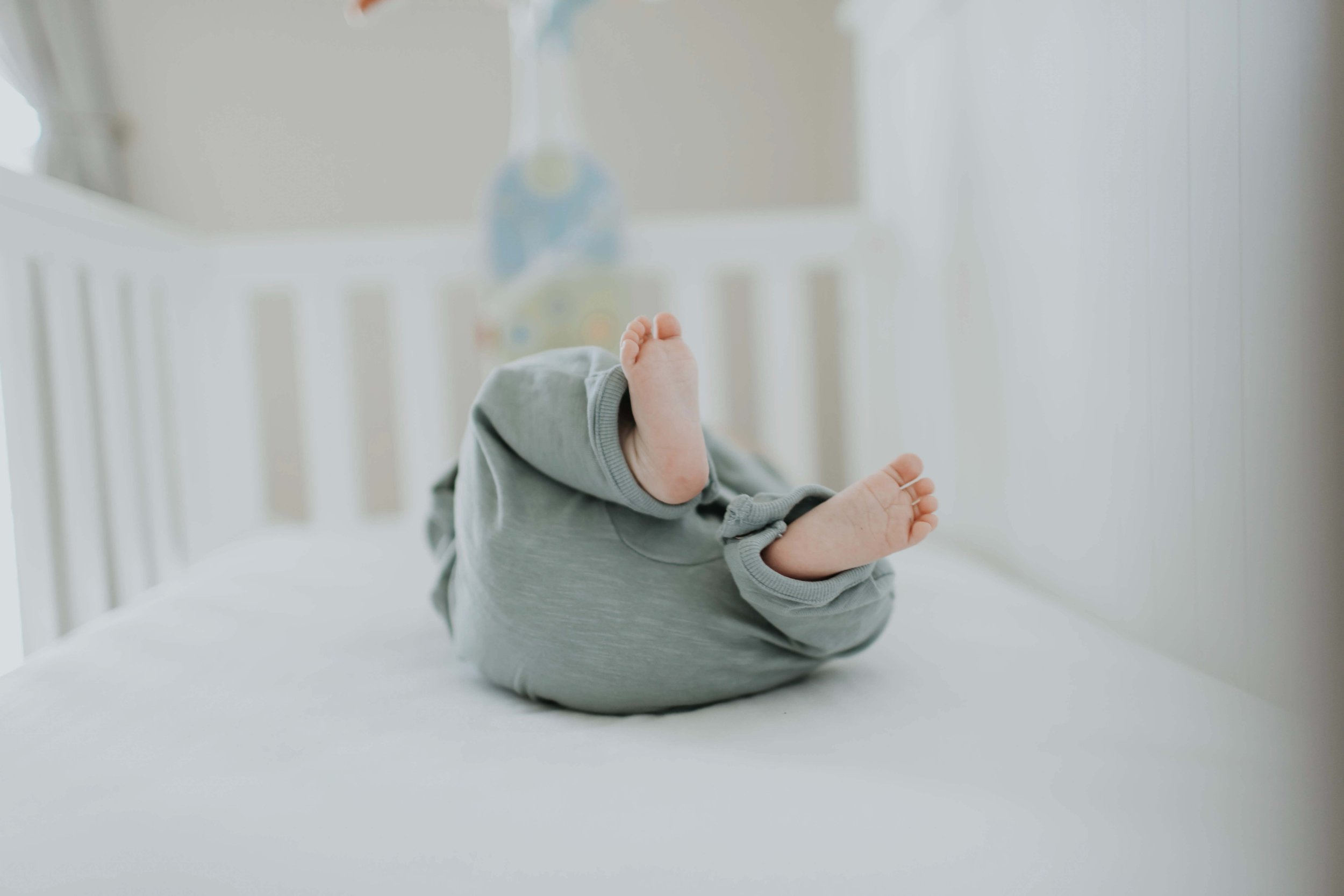
Helping you navigate the complex world of sleep
Here’s how it works
1
Personalized suggestions.
Understand your individual situation and selecting the information and approach that is right for you and your family.
2
Building understanding.
Understanding the way your baby learns as well as the underlying mechanisms of sleep is KEY in being able to build your child’s sleep skills.
3
Ongoing Support.
Support you through the process of changing the way you think about sleep so that you can implement new strategies and approaches to build healthy sleep habits.
"Having read way too much about sleep and probably trying one too many things, Kate offered us a clear and simple plan to suit our specific situation. With a few simple tweaks, our whole family is suddenly feeling much more rested. We felt very supported and reassured through the whole process."
— Ella
FAQs
-
First let me introduce me to my sleep philosophy!
I want people to stop using the term “sleep training” because it’s not what we do and it's become so divisive and overwhelming.
Instead I want you to think about it as building sleep skills and establishing healthy sleep foundations that will help us get better sleep not only in childhood but throughout our lives.
I don’t have a single approach and I definitely don’t advise you to let your baby cry it out. I am all about building confidence in both your baby and you!!
By helping our children to develop the abilities to self-regulate and self-soothe, we equip them with skills they can use for the rest of their lives. And we gain the confidence in an approach that strengthens independent sleep – in other words, rather than neglecting our child, we are making them stronger and more competent.
That doesn’t mean there isn’t any crying as when they are learning something new there is always frustration as they get the hang of it, but we need to be nurturing growth by finding the balance between knowing when to step back and watch - and when to intervene to help.
As they get more confident at the “going” to sleep part, they will be better able go back to sleep when they wake overnight.
-
No!! because leaving your baby to just cry won’t teach them how to learn to go to sleep and will just be distressing for everyone!
It's important to look at the whole system - there are both physiological and behavioural aspects to your child's sleep.
For example, it's important to know that you are asking your child to sleep when they are biologically ready to sleep.
In terms of the behavioural - we all have ways of initiating sleep as it's not like flicking a switch. If your child has always had someone or something help them with this, then you may want to work on building their confidence and skills at being able to do this more on their own.
If this is something you want to work on, the evidence-based strategies that we do use, acknowledge the way your baby’s brain is wired with regards to pattern recognition to support them to learn new ways to go to sleep.
-
There are a few ways I would answer that!
Usually you will know when the right time to start is as the things you have been doing either aren't working any more or are getting harder to sustain.
You can encourage better sleep from a very early age, however, some approaches are more appropriate as your baby grows older.
Just know that there is always something that you can do to help your baby to get better sleep and any age though.
-
I have spent my career researching sleep!
Experience and qualifications
University of Melbourne
Bachelor of Science (Psychology)
Ph.D. Sleep Physiology
Stanford Research Institute, USA
Postdoctoral Fellowships in the Human Sleep and Neuroscience Programs.
Manager of the Human Sleep Research Laboratory.
Harvard Medical School and Brigham and Women’s Hospital in Boston, USA
Postdoctoral Fellowship in the Division of Sleep Medicine.
Lectured and published extensively in international peer reviewed journals.
Member of International Association of Child Sleep Consultants
Member of the Association Professional Sleep Consultants
Current volunteer work
Chair of the Parents’ Advisory Group for the Children’s Cancer Centre at the Royal Children’s Hospital
Board Member of Children's Cancer International
Member of the Scientific Advisory Committee of the Children's Cancer Foundation
Chair of the School Education Advisory Board at St Bernadette's Primary School
-
With both of these consultations we were narrow down what the issues are that you are having and specifically what we want to work on.
The difference is that the in-home consultation allows for more hands on support. I liken it to the way in which we learn better (I have to print something out rather than just reading it electronically!!) and some people just prefer to work with me face to face.

